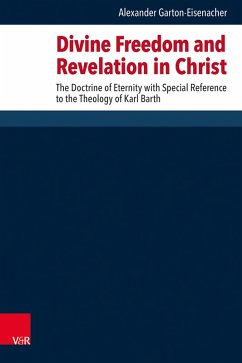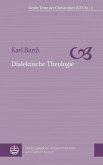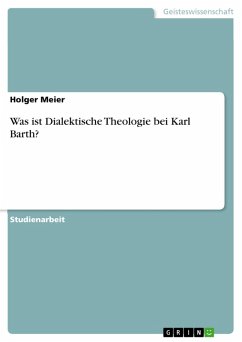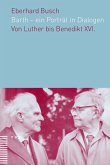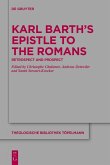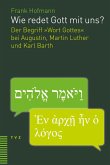Christianity claims that the incarnation provides reliable knowledge about God but also that the incarnation was undertaken freely and thus need not have happened. Alexander Garton-Eisenacher resolves this tension between epistemological reliability and divine freedom, building particularly from the work of Karl Barth. Garton-Eisenacher offers a fresh reading of the Church Dogmatics that demonstrates how Barth's theology provides a promising starting point but notes that his argument is ultimately undermined by the doctrine of eternity within which it is framed. The author overcomes this issue by showing how the promising motifs employed by Barth can be authentically derived from the classical doctrine of eternity instead. In so doing, this work shows that reading classical eternity against a Barthian background also serves to draw out a more temporal interpretation of the doctrine than its contemporary characterization, reclaiming it as a viable Christian understanding of God's relationship to time. Alexander D. Garton-Eisenacher completed a PhD in Systematic Theology at the University of Cambridge in 2021. He holds BA and MPhil degrees in Christian Theology, also from the University of Cambridge. He has conducted research as a visiting scholar at the Ruprecht-Karls-Universität Heidelberg and Eberhard Karls Universität Tübingen.
Dieser Download kann aus rechtlichen Gründen nur mit Rechnungsadresse in A, B, BG, CY, CZ, D, DK, EW, E, FIN, F, GR, H, IRL, I, LT, L, LR, M, NL, PL, P, R, S, SLO, SK ausgeliefert werden.

